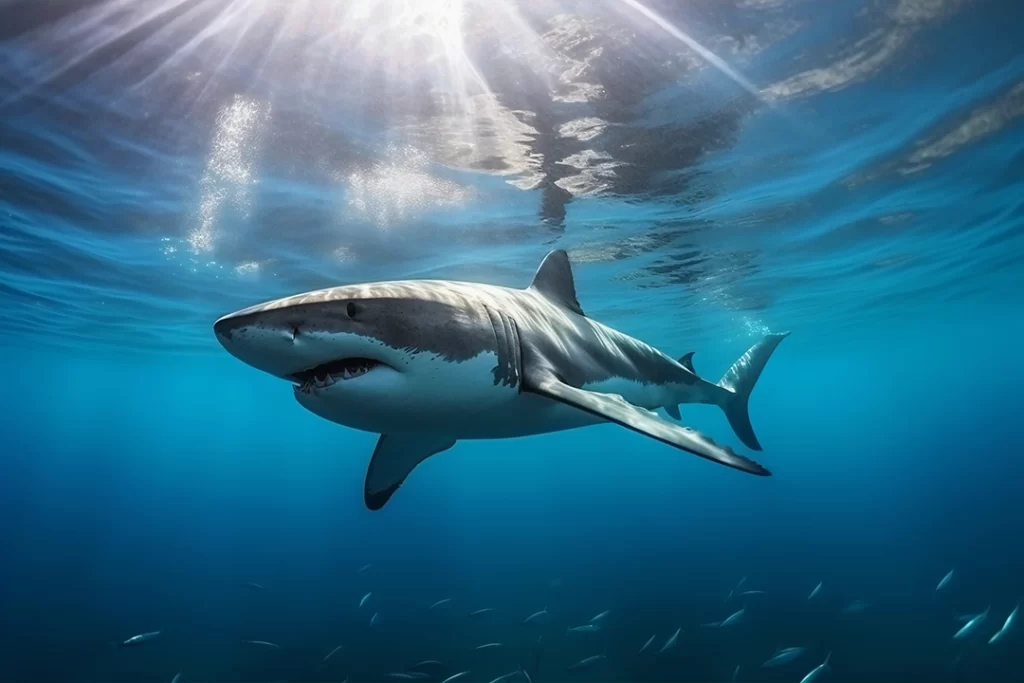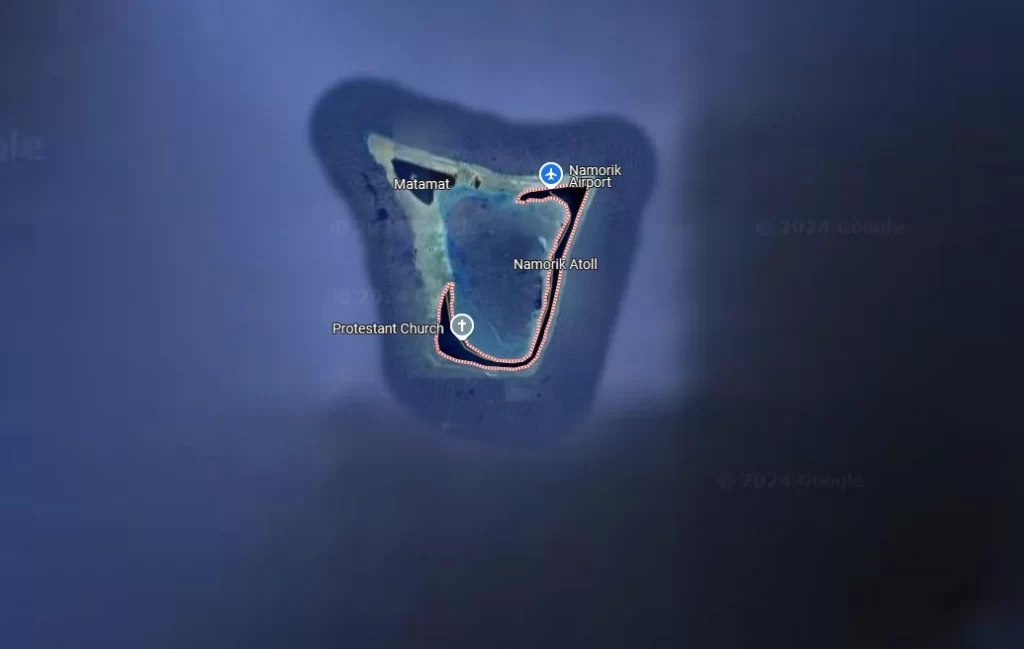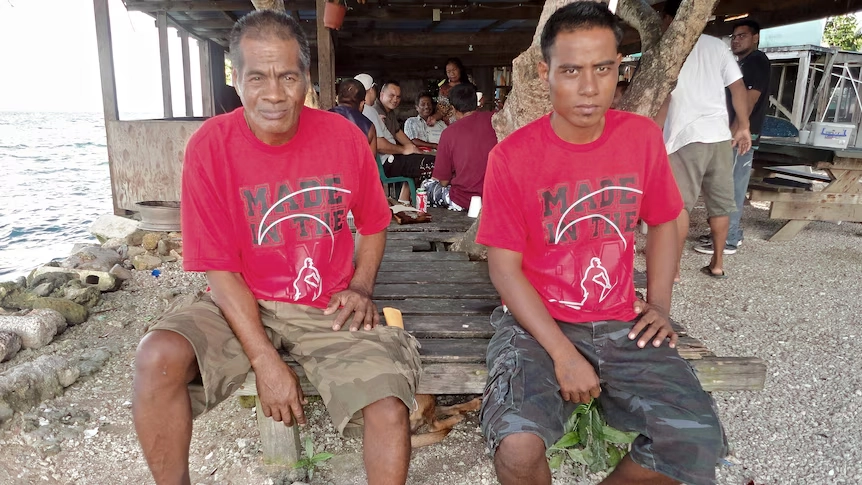When Uein Buranibwe and his grandson Temaei Tontaake set out from Marakei Island in Kiribati to go fishing, they didn’t expect to spend 33 days lost at sea, adrift on the vast Pacific Ocean.
The pair, both skilled fishermen, embarked on what should have been a routine trip, navigating their home waters of Kiribati in 2011.
But when their GPS didn’t work during the night-time excursion, what was supposed to be an 80-kilometre journey turned into their desperate fight for survival.
“We were thinking of nothing but getting back to the land,” Uein told Stories from the Pacific more than a decade after his ordeal.
Uein, who was 53 at the time, and Temaei, then 26, relied on their fishing skills and the wisdom passed down from his father.
For days at a time, they survived solely on tuna they managed to catch.
With no access to fresh water, they faced dehydration and often resorted to drinking a mixture of fish blood and saltwater.
“At times, we would go three or four days without food,” Uein recalled.
They stayed cool with dips into the ocean, and as the days dragged on, they tried to chase passing ships in the distance, using the little petrol they had left.
“We had petrol, but we got lost because we were chasing the ships,” he said.
But they were never noticed.

Shark sighting
Meanwhile, the US Coast Guard was also searching. Planes and fishing vessels were scouring the waters for the fishermen, but the two men were not spotted.
The men had now spent 30 days at sea.
When the pair saw a shark, Uein recalled his father’s tales of using a shark to pull his canoe back to shore when he would go fishing.
“The shark likes to go towards the land,” he said.
“In our culture, a shark is seen as a blessing.”
With few options, the fishermen prepared for their next challenge of capturing the shark and letting it take them to shore.
“We caught the shark and I tied the line to the back of the boat and the shark became our engine,” Uein said.
Uein said the shark dragged their boat for three days before it died, and on the third day — 33 days after they had left their home — they spotted land.
But it wasn’t their home, it was the remote atoll of Namdrik Island, more than 600 kilometres away.
Relieved, exhausted and dehydrated, they were taken in by locals, who they realised didn’t speak the same language.
But the surprises didn’t end there.

Temaei discovered that the descendants of his uncle, who had also vanished at sea decades earlier in the 1950s, were living there.
In the late 1950s, that uncle had also been lost at sea, eventually washing ashore on Namdrik where he married and started a family.
His uncle had since died, but his daughter’s eyes lit up when she met Uein and Temaei.
Their new-found relatives prepared food, but it took three days of barely eating before the men could enjoy a proper meal.
“We didn’t eat for so long, our tummy had been empty so we didn’t want to be sick … but after the third day … we enjoyed a big meal,” Uein said.
The pair spent two weeks on the remote atoll of Namdrik Island before returning home, this time by ship and plane.
Uein, a quiet-spoken man now in his 60s, smiled when asked if he had returned to the remote atoll of Namdrik.
“We’ll see if we can get another boat and go back,” he told Stories from the Pacific.
This article was originally published by ABC Pacific.





